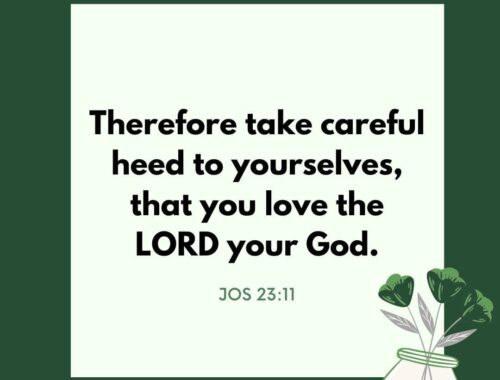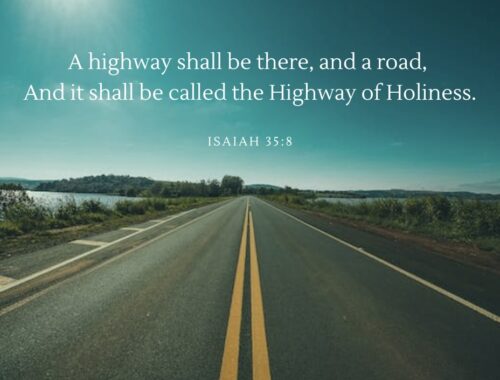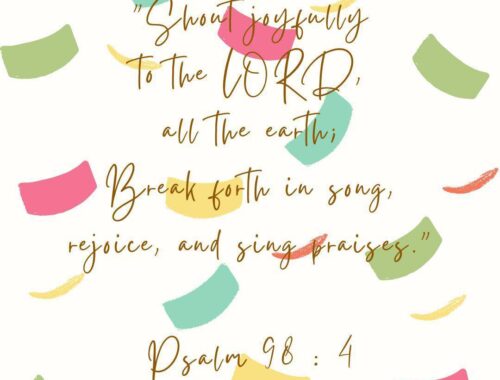Isaiah Chapter 28

Woe to Ephraim and Jerusalem (1-6)
“Ephraim” refers to the Northern kingdom Israel, the “head of the verdant valleys” and the “crown” refers to its capital, Samaria. This city was built on the hill of Samaria (1 Kg 16:24); Her wealth and prosperity are the pride of the Israelites, and made them drunk (1, 3) resulting in them being like drunkards, not knowing how to discern the time, which is the impending judgment.
The city, they boasted about, Samaria, under the judgment of God (2 “Mighty and strong one”, tempest of hail, storm, flood) is like the withering flower, like the first ripe fruit being eaten up by the enemy. After the judgement of God, the LORD of hosts will be a crown of glory, and a powerful judge to his people.
The warning to Judah, the Southern Kingdom (7-22)
God’s warning turned to the religious leaders (priests and prophets) of the Southern Kingdom, who were intoxicated because of “scorn” (14) and erred in their ways (7). Not only did they fail to discern the warnings from God, they mocked the prophets (9-10). Since they were unteachable, God spoke to them in a language they did not know – implying that they will be taken captive into strange lands (11-13).
“We have made a covenant with death, And with Sheol we are in agreement.” (15) indicates that the officials of the Southern Kingdom would rather seek Egypt and Pharaoh as their ally, than to return to God. Relying on Pharaoh is likened to believing in lies and falsehoods. Under the judgement of God, (compare 17-19 “hail”, “mighty waters” to v2) Pharaoh will back out at the last minute and fail to deliver on his promises.
Conversely, God wants to be the sturdy support of Jerusalem, “a tried stone” becoming “a sure foundation, a precious cornerstone” This refers to Jesus Christ as the support of the righteous men of Jerusalem, fulfilling the prophecy, “The just shall live by faith” (Rom 1:17). Paul addresses Christ as the “foundation that which is laid” (1 Cor 3:11) and “the chief cornerstone” (Eph 2:20).
The people’s stubbornness and rebelliousness cause them to be sleepless (20);
Because (i) they have rejected the rest with which God may cause the weary to rest (12)
(ii) the untrustworthiness of Egypt is like the bed and covering that is too short to stretch out on. God wants to perform “awesome work”, that is judgement that comes suddenly, just like what happened in the valley of Rephaim and Gibeon (2 Sam 5:17-25, 1 Chron 14:8-17). Since the judgement of destruction will surely come to pass, the prophet called upon the people to repent and humbly accept the punishment. (22)
The wisdom of God (23-29)
In the eyes of God, Israel and Judah are like two fields, and the people like the seeds. God used the analogy of a farmer farming to show His plans for the elect of the two lands. On the surface, it looks as if the field is being destroyed (V24 ‘turning the soil’, ‘breaking the clods’); in reality, God has a beautiful plan in the later days (v25 ‘sowing’, v27 ‘harvest’). Just as God told the prophet Jeremiah (Jer 1:10): To root out and to pull down, to destroy and to throw down, to build and to plant.
To consider:
Who are the crown and support we boast of today? Is it the riches of the northern kingdom, Israel? Is it the allies of the southern kingdom- Egypt? In times of trouble, these boasting and support that the people of the world rely on will be like withering flowers and empty lies, like the bed and coverings that are too short – they are unable to bring us rest in the spirit and body. Only Christ Jesus is our “crown” and “strong foundation, precious cornerstone”.
Consider Paul’s words:
But what things were gain to me, these I have counted loss for Christ. Yet indeed I also count all things loss for the excellence of the knowledge of Christ Jesus my Lord.
以赛亚书 28
Isaiah Chapter 29
You May Also Like

Isaiah Chapter 17
May 8, 2023
Isaiah Chapter 35
June 19, 2023